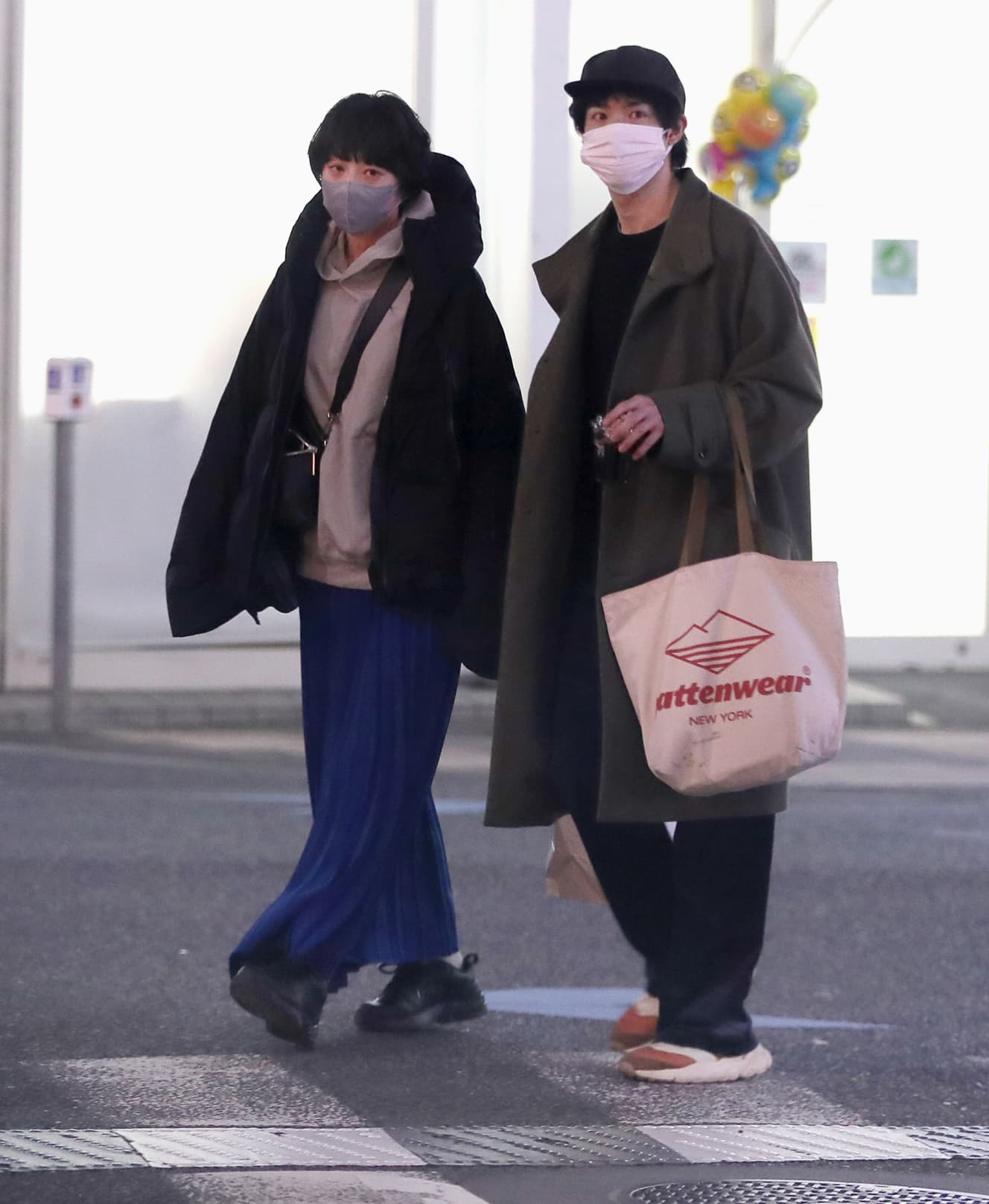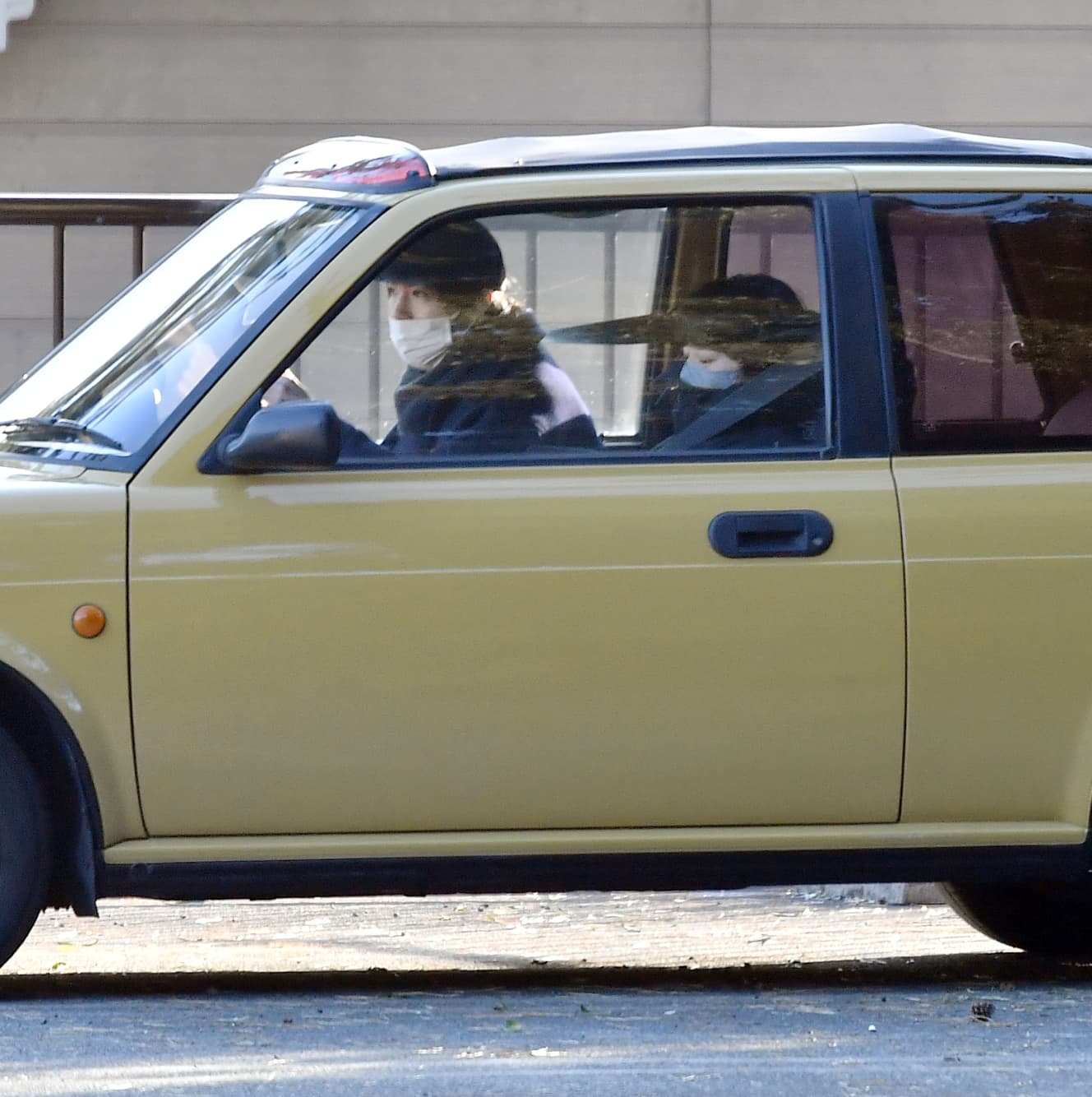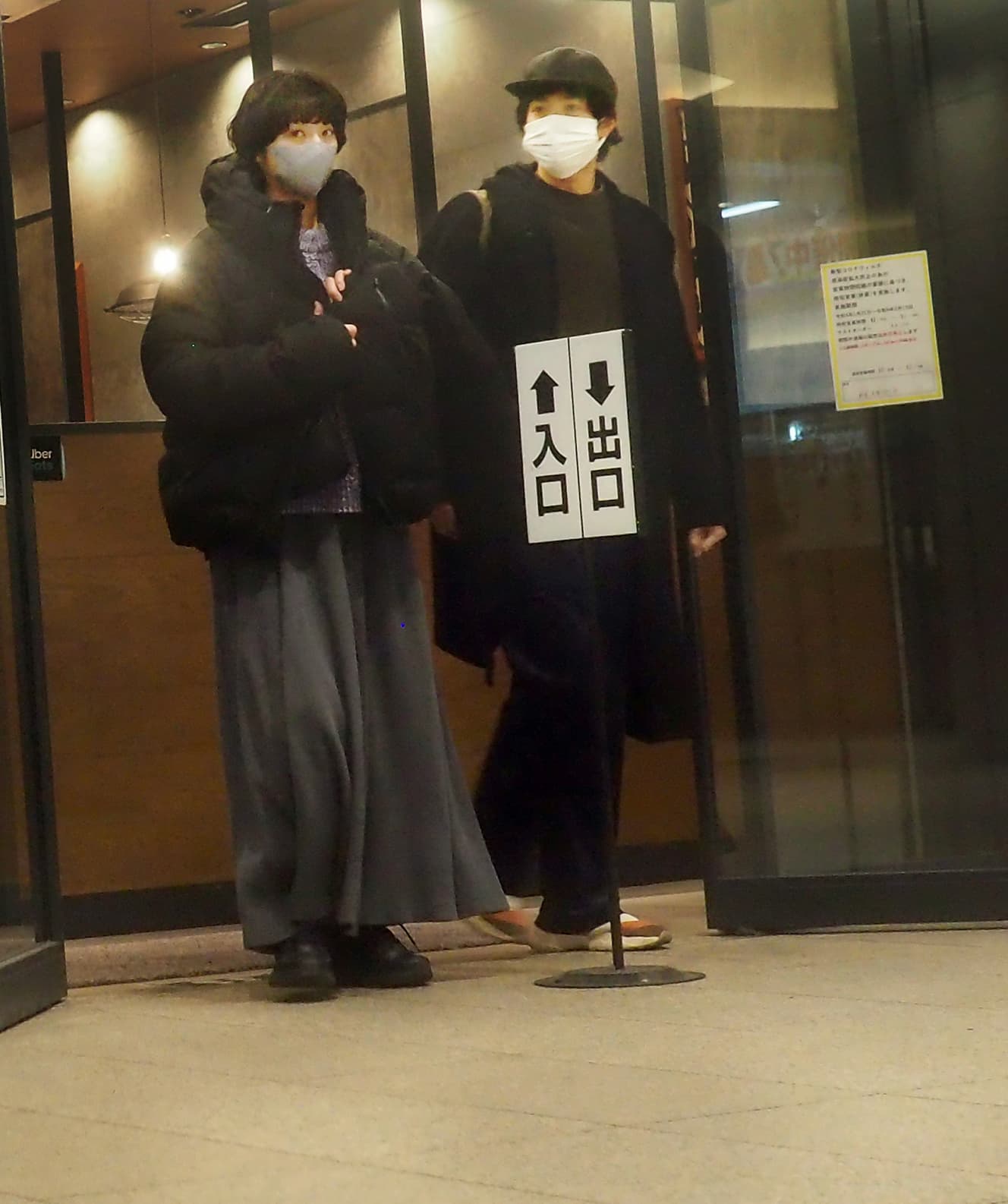NHK doesn’t want to let him go”… “Black Cat CHELSEA” Daichi Watanabe’s unfathomable charm that his relationship with Kaho is going well.
NHK’s historical drama “Hikaru Kimi e” continues to do well.
The drama is set in the mid-Heian period, which is historically unfamiliar to the audience, and features the author of “The Tale of Genji”, Murasaki Shikibu (Mahiro), played by Yuriko Yoshitaka. There are no battle scenes as in the Warring States period or the end of the Edo period, which are the favorite episodes of historical dramas, and expectations were not so high before the broadcast.
The story is always presented in the 45 minutes of broadcast time: “A sordid power struggle for authority centering on Fujiwara no Michinaga, played by Tasuku Emoto, and a melodrama-style development centering on Michinaga and Mahiro. Although the actors do not move much, the story has a sense of speed that keeps viewers on their toes. In addition, the show is popular among a wide range of viewers because of its modern style of direction reminiscent of girls’ love (GL) and boys’ love (BL),” said a TV magazine writer.
The BL-like role is played by Daichi Watanabe (33), who portrays Yukinari Fujiwara. Yukinari is a right-hand man who supports Michinaga’s long-term regime, but in the drama, Yukinari is depicted as having a romantic interest in Michinaga. In historical fact, the two died on the same day, although there is no record of such a relationship. Watanabe said in an interview,
I had not yet cranked it in, but I fantasized that Yukinari might have wanted to know or support Michinaga in a way that he did not intend, and that such feelings might have become the source of his own life” (“MANTANWEB,” June 30).
(MANTANWEB, June 30, 2011). He says that he used this as a reference in creating his role. He describes Yukinari’s feelings for Michinaga as “a kind of infatuation that is close to longing,
He also said, “I want to get to know Michinaga,” which is his motivation in life, and it is a kind of “infatuation. It is a kind of “infatuation.” “Beyond admiration” is what he meant by this.
The same applies to the “love” aspect of the film.
Watanabe is best known as the vocalist of the band “Kuroneko Chelsea” (re-launched as “Kuroneko CHELSEA” in May), which drew attention for its overwhelming live performances and gained popularity in the subculture community, but now he is more widely recognized as one of the most remarkable young actors He is now recognized by more and more people as one of the most notable young actors.
In ’10, he won the Japan Academy Award for Best New Actor for his performance in the movie “Shikisoku Zenereishon.” The following year, he made his first appearance in a drama series in the NHK television series “Carnation,” and since then, he has been active as a by-product of numerous films and dramas with a strong presence.
In “Seasonless Town” (TV Tokyo), which was distributed by Desney+ from August ’23 and aired in the April season of this year, he was cast in a leading role alongside Nakano Taiga and Ikematsu Sousuke, attracting even more attention” (sports newspaper reporter).
(Sports paper reporter) He has appeared in three NHK morning dramas and three historical TV dramas,
He has often played the role of an unsophisticated young man or an aloof, gentle character, but he has been very careful in preparing for his roles, and no two characters are alike. There is also a depth of madness behind his facial expressions, and he has yet to reach the bottom.
He will become an actor who can be entrusted with a wide range of roles like Momori Matsuzaka and Eita Nagayama. There is a good chance that he will be given leading roles in NHK drama series in the future. He is one of the actors we most want to keep around now.
He is one of the actors we most want to keep around.
On the private front, “FRIDAY” filmed a “going out” scene with Kaho in February 2010; the two got to know each other when they played a married couple in the movie “Blue Hour ni Batsuha” released in 2007, and later developed a dating relationship. According to a source close to the couple, they are still dating and are said to be close to getting married. We can’t take our eyes off Watanabe, who is on a roll both publicly and privately.



PHOTO.: Takahiro Kagawa (1st and 3rd), Ichiro Takatsuka (2nd and 4th)
